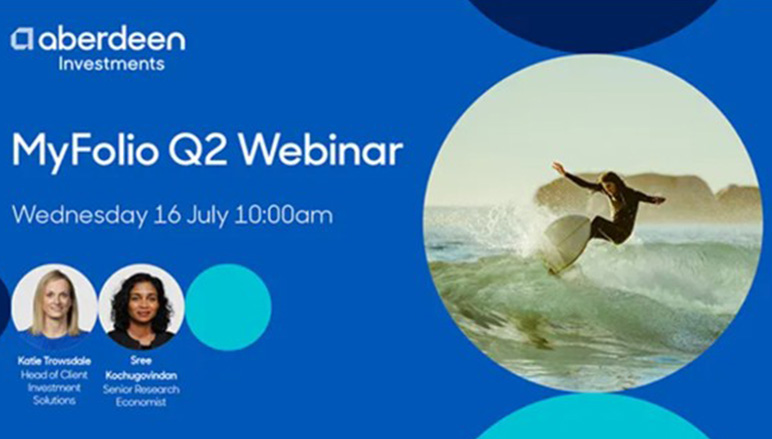1. What is The Great Reset?
The Great Reset is a new initiative from the World Economic Forum and the Prince of Wales, designed to guide governments across the world down the path to a more resilient, sustainable world beyond coronavirus. The WEF wants to shape a new approach to how societies are run, rather than reverting to an economic model based on draining the world’s resources to boost GDP.
Investors will need to be alert to who might win and lose should this reset come to pass. If yesterday’s economy is not to be revived, there will be failing companies unprepared for the world that emerges. Equally, those companies in the right place could show real strength.
2. When will it take effect?
At the moment, we are still mired in crisis and making coherent judgements about the future is difficult. The ‘Great Reset’ will likely take time to emerge and it is not yet clear which companies will be on the right side of the change.
However, once we are through the crisis, there will be a period where companies with business models ‘fit’ for the new environment will start to pull away. Longer term, there will be innovation as the needs of the new economy emerge.
3. Putting the planet first
Ben Constable-Maxwell, head of sustainable and impact investing at M&G, says: “With a pressing need for action to combat climate change, we cannot afford to allow the environment to pay the price for increased human activity…we can recast the model for creating shared prosperity in a way that better harnesses the planet’s resources over the long term.” Within this, net zero carbon targets and doubling down on efforts to meet or exceed the Paris Climate Agreement are a necessity and companies are likely to be compelled to act.
4. Creating a circular economy
A more ‘circular’ economy is also front and centre of this new economic model. This will be, says Constable-Maxwell: “a resource-efficient, low-carbon economy with resilience built in”. This means designing out waste, keeping materials in use for as long as possible, and regenerating natural systems. In this way, economic growth can decouple from the use of precious natural resources.
5. Increased resilience
However, the Great Reset is not just about environmental practice. In its recent paper, ‘The Great Reset: A framework for investing after Covid-19’, Goldman Sachs identifies resilience as an increasingly important trait for the company of the future. This resilience extends to purchasing decisions - whereas low cost once drove purchasing decisions, continuity and reliability of supply will become vital. This may prompt greater localisation.
Resilience is also likely to mean better labour practices. Where ‘cheap’ is not the only criteria for selection, it may naturally iron out some of the more egregious labour abuses that have emerged in recent years. Companies will be expected to keep a closer watch on the practices of their suppliers. Stronger regulation is likely to emerge in all areas of environmental and social corporate behaviour and winning companies will not expose themselves to these risks.
The good news is that markets will work all this out pretty quickly. Goldman Sachs says: “This is where markets excel—looking at the companies whose models no longer work and moving that capital to new companies whose business models show more promise.” Investors need to be ready for the Great Reset, potentially positioning their portfolios for the world of the future rather than the world just gone.









